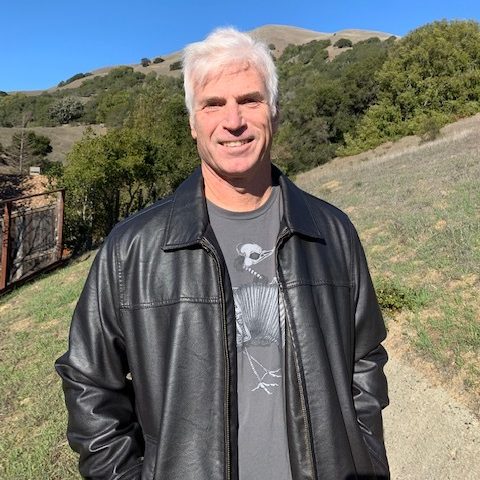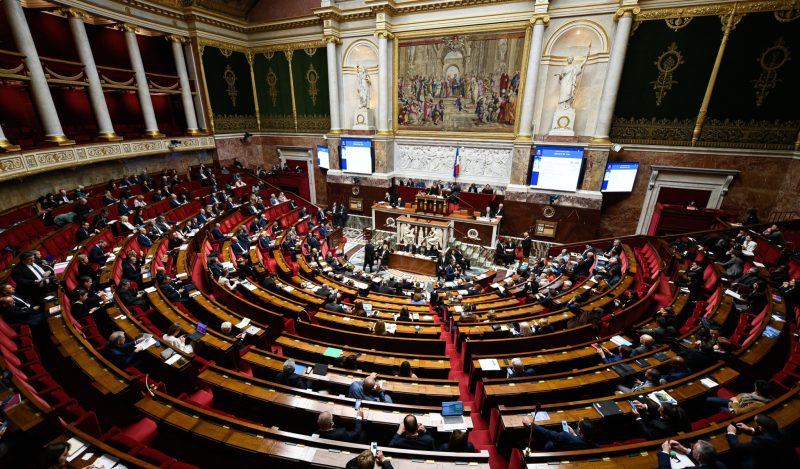One of my earliest memories of classical music is accompanying my father and older brother to hear Beethoven’s Fifth Symphony when I was 7. The symphony conveyed pure magic, filling my head with sonorous themes and exquisite harmonies, permeating the whole of my being.
Enveloped in an emotional reverie, I was struck by an unbelievable observation. Positioned before the ensemble, the conductor seemed to dictate the action of every musician. I don’t mean that I had the impression that the conductor kept time and guided the collaboration of the players, something he actually does, but that the conductor was doing much more, meticulously imparting to all musicians the precise notes they should play.
The conductor metronomes time, prepares the musicians in rehearsal, and thinks carefully about the music to make it inspiring to the audience. He performs another function with his gesticulations: to express emotion on behalf of the gathering, as each attendee restrains his voice not to create a distraction for others.
In the perspective of this seven-year-old, the histrionics of the man up front were significant. As he dipped his torso and stood on his toes, gestured and poked with his thin baton, and tossed about his flowing hair, I perceived that every subtle motion conveyed explicit instructions to each musician.
I supposed that each player was responsible for producing her own notes on her own instrument, but I held the belief that the conductor was articulating exactly what she should play. I don’t recall what I thought, if anything, about the pieces of paper on stands in front of the musicians. To my eyes every musician was required to follow the director to help create this one man’s symphonic masterpiece.
Perhaps this recognized effect of absolute control arose from the conductor’s flailing arms as the players sat erect with intense concentration – I had never seen any adult act like that before. He must be unique and special, I thought, to dictate such complexity in real time, signaling every nuance: when to start, when to stop, what note to play and how loud. From one man’s mind spawned reality. Übermensch.
Such was the impression of a seven-year-old.
In the last few years, many of us have looked to our leaders as this innocent seven-year-old viewed the conductor. Somehow the magical leaders would create a symphony of organization, controlling us players in order to control Nature.
One person decides who is essential; one person decides who is locked down; one person decides who will be jabbed; there are no other voices. “I am the Science!”
The leaders wave their arms, stand on their toes, and toss about their heads. Crucially, they demand that all other voices follow their direction; there is no room for personal intonation outside of their ordained gospel. Do so and you will be silenced, slandered, banned, deplatformed, and throttled.
I remembered that first concert experience as a child when I attended a Christmas choral performance of the Marin Symphony earlier this month with the same older brother in the beautiful Mission San Rafael Arcángel.
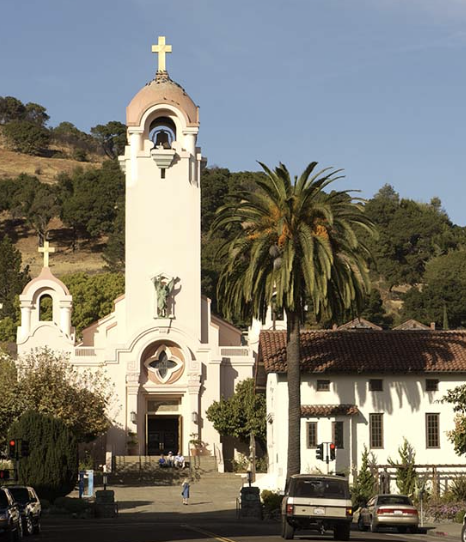
The conductor was there, fluttering his arms, gyrating his hips, and jerking his head. I looked on with amusement, recalling my seven-year-old self gazing in rapt disbelief as I presumed he completely controlled the minds of his company of artists. As an adult I respected his effort and the inspiration that he communicated to the congregation. I even enjoyed him as a study in kinesics, allowing the audience emotional expression through his person.
I also heard the individual voices.
The multitude of voices soared in the vaulted space, once again filling my head and my soul with a rapture composed of that rich abundance of passion. Their hearts reached out to mine, and I felt joy and wonder at what community could create.
It is fitting to have such a perception overtake me at a concert in a church. The expression of religion is through community, and our voices are imbued with the breath of God.
Then the Lord God formed a man from the dust of the ground and breathed into his nostrils the breath of life, and the man became a living being.
Genesis 2:7
This gift of life is to have our own breath, our own voices, to sing to one another and return the gift to God. Humans thus pay tribute to God by singing in our independent voices.
…be filled with the Spirit, speaking to one another with psalms, hymns, and songs from the Spirit. Sing and make music from your heart to the Lord,…
Ephesians 5:19
Near the end of the performance, every audience member is given a candle, and while holding the flame is asked to sing along. We all would share our voices to participate in communal joy. Along with the entire congregation I lifted my head and raised my voice, giving a part of my soul to my fellows. They heard me and I heard them, and I came away enlightened and fulfilled.
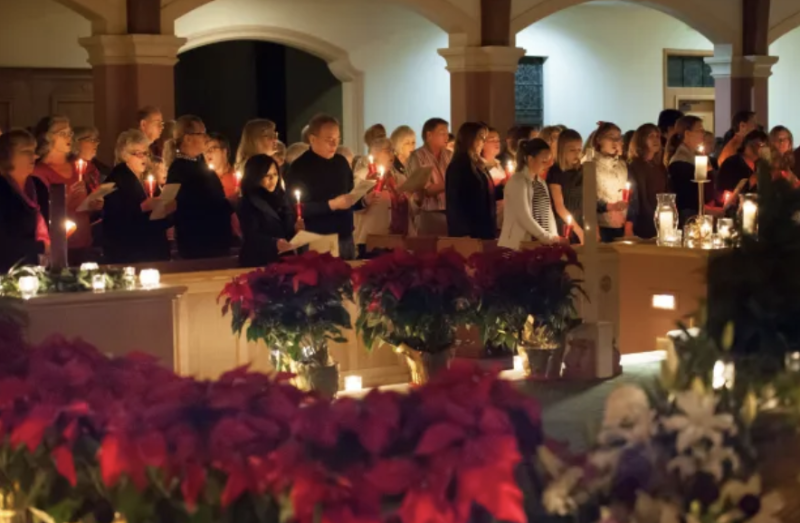
In the holiday season, we are reminded of the importance of community, of our connection with one another. We join together with our family and friends. We extend help and understanding to those we perceive in need. We seek out acts of grace and hope.
We need to hear all the voices.
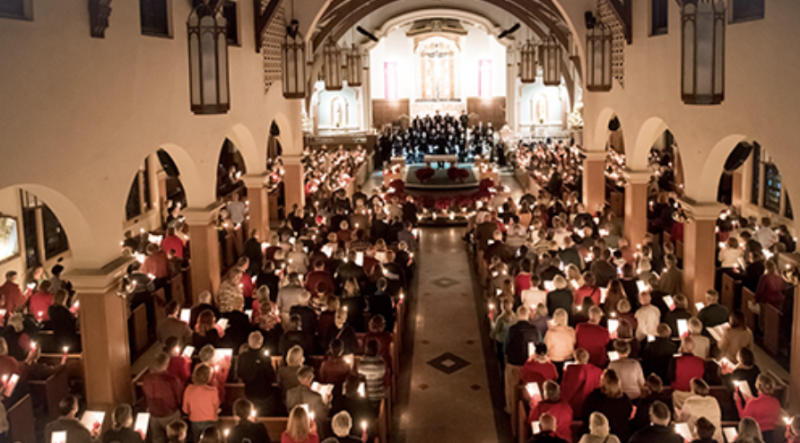
Published under a Creative Commons Attribution 4.0 International License
For reprints, please set the canonical link back to the original Brownstone Institute Article and Author.

